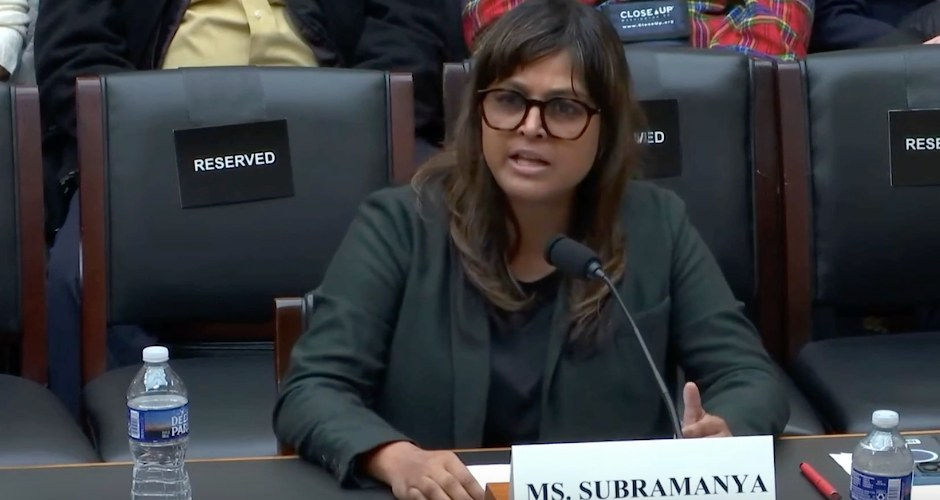On free speech
- jeanne7629
- May 5
- 2 min read
Updated: Sep 18

After reading Rupa Subramanya’s piece on free speech, I found myself conflicted. I’ve always supported open expression, but I also believe there are limits, especially when speech causes real harm. Still, I didn’t want to dismiss her perspective too quickly, so I asked a few people around me to help me explore the other side.
Here are some of the arguments that were raised...and my honest reflections:
Unpopular ≠ Harmful: Subramanya warns that “unpopular” opinions are being silenced. But I think we need to be precise: not all unpopular views are harmful, and not all harmful speech is simply unpopular. I fully support challenging ideas, but I draw the line when speech causes harm.
Harm is subjective: One challenge with regulating speech is that harm isn’t always easy to define. What offends one person may seem harmless to another. I get that. But I still think there’s a difference between discomfort and genuine harm, especially when speech dehumanises or incites hatred.
Institutional responses are tricky, but not always wrong: I do think individuals should be held accountable for how they behave (even by institutions) if they cross a line. Living in society comes with responsibilities, and I believe it’s fair to expect a baseline of respectful conduct in return for the benefits we all share. That said, I understand the concern: who decides what’s “acceptable”? Just because something is legal doesn’t mean it’s good or harmless. That’s where I come back to my earlier point: if it causes real harm, I think it’s reasonable to intervene. There’s so much more to unpack here... maybe it’s time we host a Think Again session on this?
Free speech is a principle, not a popularity contest: Some argue we must defend all speech, even the stuff we hate, because once we start filtering, bias creeps in. I understand the purist view, but in practice, I think that position can ignore the very real consequences of harmful speech.
Protect the right, not the message:This one challenged me: the idea is that defending free speech means defending the right to speak, not endorsing what’s said. I get the intent, but I still wonder: what are we protecting, and at what cost?
I went into this genuinely hoping to see more nuance. Some arguments resonated, others felt too black-and-white or lacked depth. I’m still evolving in my thinking, but for now, I land on this: free speech matters deeply, but we need to draw the line when it stops being constructive for humanity. Not everything deserves a microphone. There’s a lot of noise out there (mean-spirited, belittling, dehumanising noise) that we can and should shut down. We have to start somewhere. What do you think?

Such an incredible critical analysis! I couldn't agree more that the limits of the law are somehow ... unhelpful for what constitutes a wholehearted, healthy, inclusive and creative community. And that is the gold standard that we should/could be aiming for on a personal level (as you said, "just because something is legal doesn’t mean it’s good or harmless"). Beyond that, if it does reasonably cause harm (this comes from John Stuart Mill in the 1800s, and also the French Declaration on the Rights in the 1700s), part of the bargain of a society is that we have a collectivised response. Great subject for the next Think Again!!